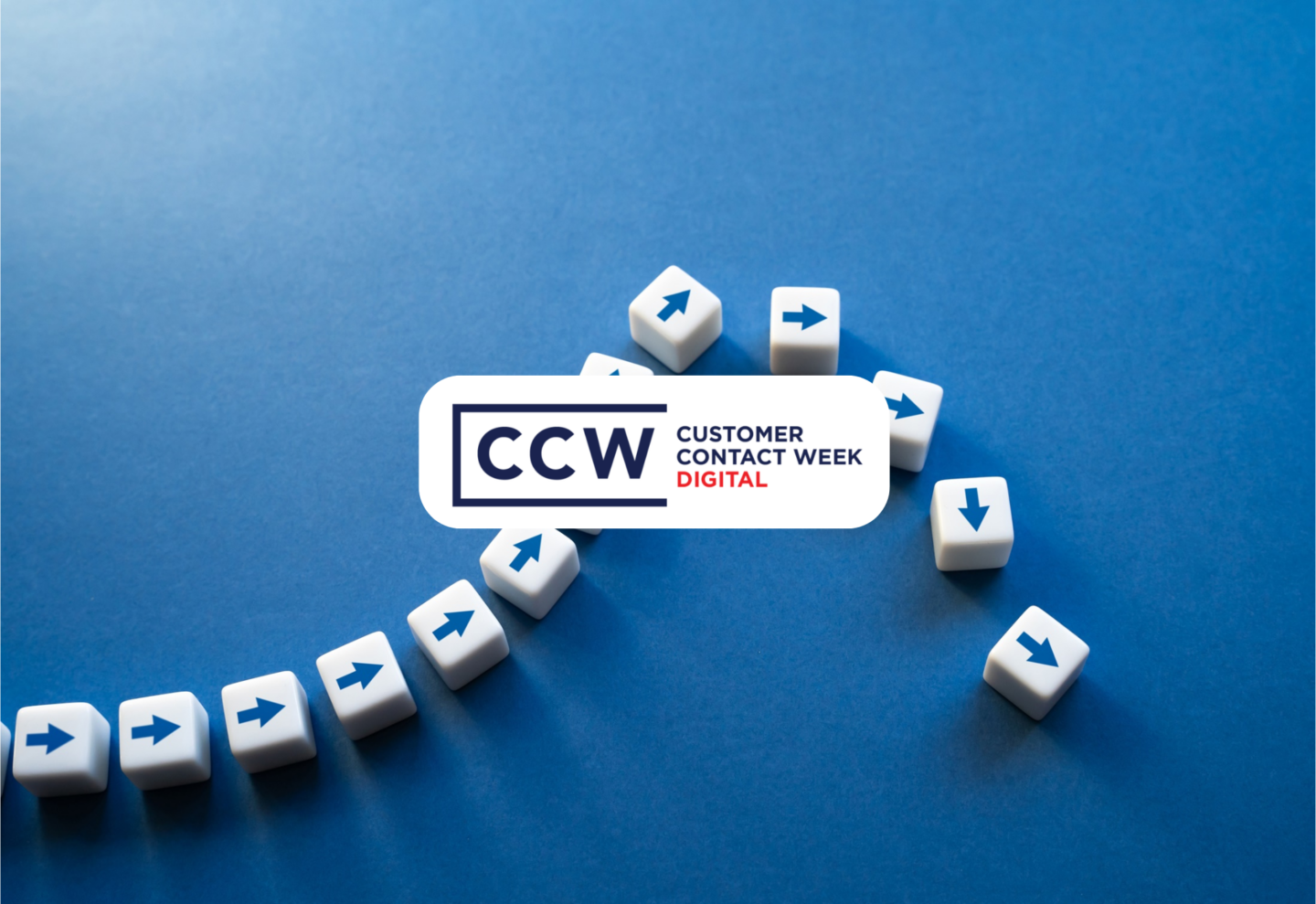In the era of rapid technological progress and AI development, customer experience should be flourishing. Yet, a troubling trend emerges: despite advancements, customer satisfaction is on the decline.
The results of the latest CCW Digital's Annual Consumer Preferences Survey reveals an unexpected trend in customer experiences actually regressing in the age of AI.
Adult American consumers were polled on their sentiments, preferences, and purchasing habits. Over 50% of respondents said they feel experiences have worsened in the past year, compared to only 7% saying the opposite. Once a bad experience happens, almost 60% of consumers share the details of the unpleasant engagement with personal contacts, while 29% take it to social media to spread the word. Almost half of consumers try to switch providers, while 39% write negative reviews to warn others.
Brands rave about implementing the latest state-of-the-art solutions to improve engagement and boost satisfaction. Despite the cutting-edge AI-powered capabilities, only 26% of consumers expect to reach a successful resolution using messaging. Chatbots and self-service interactions are the bane of good customer experience - 17% of consumers believe these solutions can help them resolve issues.
"In a time when AI and automation promise so much, it's concerning that businesses are still missing the mark on delivering meaningful customer experiences. The reliance on technology without the balance of human touch has increased frustration among consumers. Truly customer-centric brands—those that design experiences from the outside-in—have a unique opportunity to improve key contact center metrics and build significant brand cachet." said Brian Cantor, Managing Director of CCW Digital.

Brands have increasingly started to rely on AI-assisted customer service, pushing human agents to handle only complex issues. For the majority of consumers is a problem. When given the opportunity to speak with an agent, only 24% believe that the typical customer service employee is happy, engaged, and knowledgeable.
"Our Annual Consumer Preferences Survey for 2024 highlights a stark regression in customer experiences. This study highlights a critical insight: despite the advancements in AI, the essence of customer experience hinges on genuine human connection. Technology should enhance, not replace, the empathy and responsiveness that define exceptional service. These findings are a wake-up call for businesses to harmonize technological innovation with human-centric strategies to elevate customer satisfaction and loyalty," said Mario Matulich, President of Customer Management Practice (CMP).
Surprisingly, AI technology, once seen as a breakthrough, is contributing to the decline in customer satisfaction. The absence of human interaction is the primary concern, with 52% finding it challenging to reach a live agent, marking it as the top issue in 2024.
Quality of CX at an all-time low
Whether it's due to AI or not, the average quality of customer experience in the US has dropped to a historic low, according to Forrester’s US Customer Experience Index rankings. For the third year in a row, brands have failed to deliver satisfying levels of customer experiences. CX performance dropped across all three dimensions of CX quality - ease, effectiveness, and emotion. Only 3% of companies currently fit into the customer-obsessed category, meaning they actively put customers' needs at the forefront of their businesses decisions.
Across industries, only the airlines industry saw improvement in overall CX quality over the last year. Meanwhile, the top 5% brands in the entire CX index - the so-called CX "elite", such as Etsy, Lincoln, Tesla, Zappos.com and others - struggled to keep their status.
“US consumers are having, on average, the worst experiences in a decade. Brands want to create better experiences, and they realize that putting the customer at the center of their business is the way to do it. However, organizations struggle with the scale of change that this requires. It’s worth it, though, as our research finds that firms that are customer-obsessed grow revenue, profit, and customer loyalty faster than their competitors,” said Rick Parrish, VP and Research Director at Forrester.
Emotion remains the key factor in delivering high levels of CX performance and US brands are continuously having difficulties connecting with customers. In 2024, elite brands evoke, on average, 25 positive emotions for each negative emotion, down from 29 the previous year.









